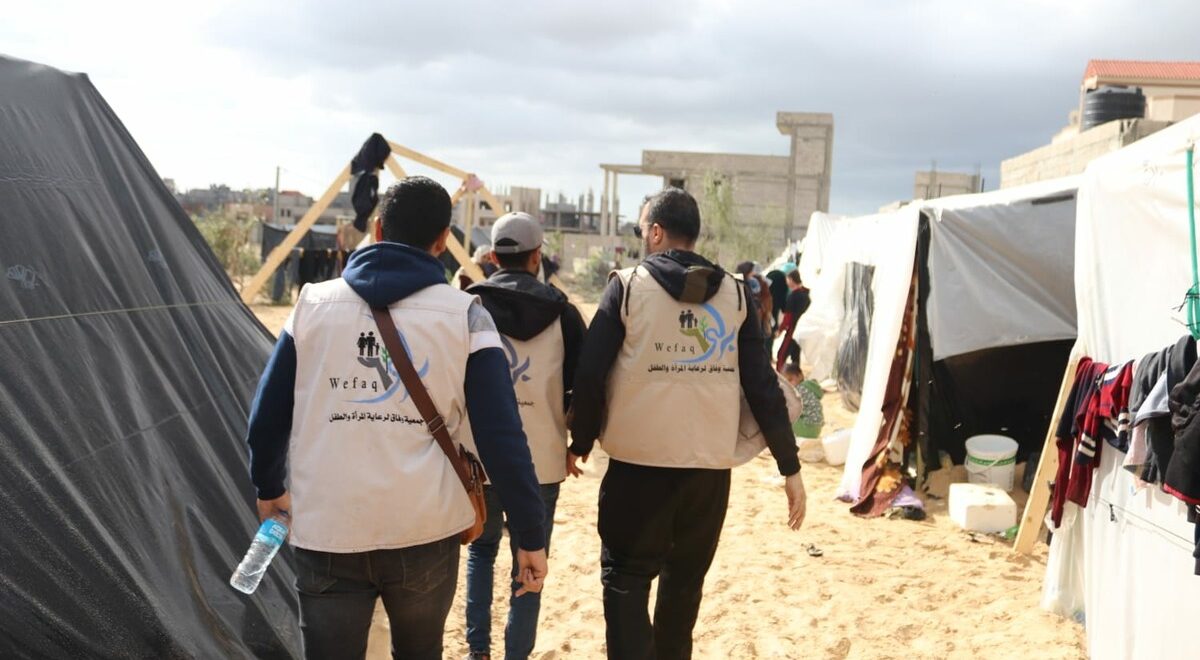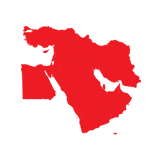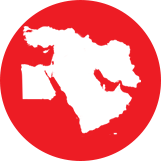Humanitarian workers in Gaza are, against the odds and in the face of constant danger, still providing desperately needed support amidst severe shortages of food, fuel, and key supplies.
Riham Jafari, Advocacy and Communications Coordinator at ActionAid Palestine, said:
“Our staff and partners in Gaza are going to extraordinary lengths to deliver vital aid despite being forced to work in near-impossible conditions and fearing for their own safety. Again and again over the last nine months, they have been forced to adapt their response as circumstances rapidly change, proving themselves to be remarkably flexible and creative when it comes to serving their communities.
The bravery and resilience of our partners in the face of utterly unimaginable conditions is just astonishing but no one should have to work like this. More aid must be allowed into Gaza, and there must be a permanent ceasefire, now.”
The Wefaq Association for Women and Childcare (WEFAQ) had to pause its services in early May when the Israeli military launched its ground invasion of Rafah, forcing staff to flee. Colleagues could not communicate with each other for almost two full weeks before they eventually managed to re-establish their services in Deir-al-Balah. But nowhere is safe in Gaza, and the team continues to live with the constant threat of attack. Since resuming services, WEFAQ has distributed 350 health packages to people in need, as well as maternity bags (containing hygiene kits and clothes) for women who were about to give birth and their newborns. This is despite the fact that obtaining essential items inside Gaza is difficult, as little is available on the market and prices are hugely inflated.
Buthaina Subeh, director of WEFAQ, said:
“[We got these items] through some vendors who had stored some materials, through our personal relationships. The prices are high, but only expensive items are available.
There is bombing everywhere and we are working under [the threat of] death, under fire. Now after [the Israeli Army has made] threats to storm the city of Deir al-Balah, we do not know what to do…There is nowhere to go because [the Israeli Army] are still bombing Gaza and continuing to invade Rafah…[what will happen if] Deir al-Balah is invaded? What can we do?”
The amount of aid getting into Gaza remains alarmingly low: only 710 trucks have been allowed to enter so far this month, according to UN data, when Gaza needed at least 500 trucks of aid per day to meet people’s basic needs even before October 7. Twenty trucks carrying ActionAid supplies, including period products and hygiene kits, have been stuck in Egypt for at least two months due to the backlog created by restrictions on entry points into Gaza, with efforts to coordinate entry still ongoing. These are among 1,500 UN or NGO Gaza-bound trucks currently waiting in Egypt, according to a recent snapshot assessment published by ActionAid and other organizations.
Amjad Al Shawa, director of the Palestinian NGOs Network (PNGO), an umbrella organization of 30 Palestinian NGOs and a partner of ActionAid, said:
“There is a shortage of all humanitarian items. We are overwhelmed [with] these needs and [these] urgent requirements…People [are] starving due to the shortage of aid…100% of the population depend on humanitarian aid…It’s the worst situation that we [witnessed] during the nine months of the Israel war in Gaza.”
Despite the lack of fuel, which is making aid provision more difficult, ActionAid’s partner organization, the Palestinian Development Women Studies Association (PDWSA), is continuing to offer vital psychosocial protection and support services for women faced with violence in Gaza, though it cannot currently support survivors of gender-based violence in court due to the collapse of the legal system. Youth volunteers with PDWSA also distributed 900 vegetable baskets to families in Khan Younis.
Sahar, head of PDWSA, said:
“Transportation is one of our major obstacles. These days, one liter of diesel costs 90 shekels [$24.54], and gasoline is not even available. Transportation between camps and displacement centers in a safe and secure manner for both crews and aid provisions is a difficult and dangerous task.
There are no legal departments to handle [gender-based violence] cases and provide protection. Authorities that usually handle these issues are now non-existent in Gaza. For women facing extreme violence, who may be living in life-threatening situations, there are no women’s shelters which can provide protection…Women have almost no privacy…We do not have safe spaces to talk as women in [displacement] camps.”
Despite the immense challenges, ActionAid’s partners have been able to provide food and vital aid to thousands of people in recent weeks:
- The MAAN Development Centre distributed 1,150 hot meals in Deir-al-Balah.
- The Al Aqsa Sports Club provided vegetable baskets to 1057 families in Al Nusairat.
- Staff at hospitals run by Al-Awda, ActionAid’s partner in Gaza, are continuing to save lives and deliver babies despite critical shortages of medicine and fuel.
ENDS
For media requests, please email Christal.James@actionaid.org or call 704-665-9743.
Spokespeople are available.
About ActionAid
ActionAid is a global federation working with more than 41 million people living in more than 71 of the world’s poorest countries. We want to see a just, fair, and sustainable world, in which everybody enjoys the right to a life of dignity, and freedom from poverty and oppression. We work to achieve social justice and gender equality and to eradicate poverty.


